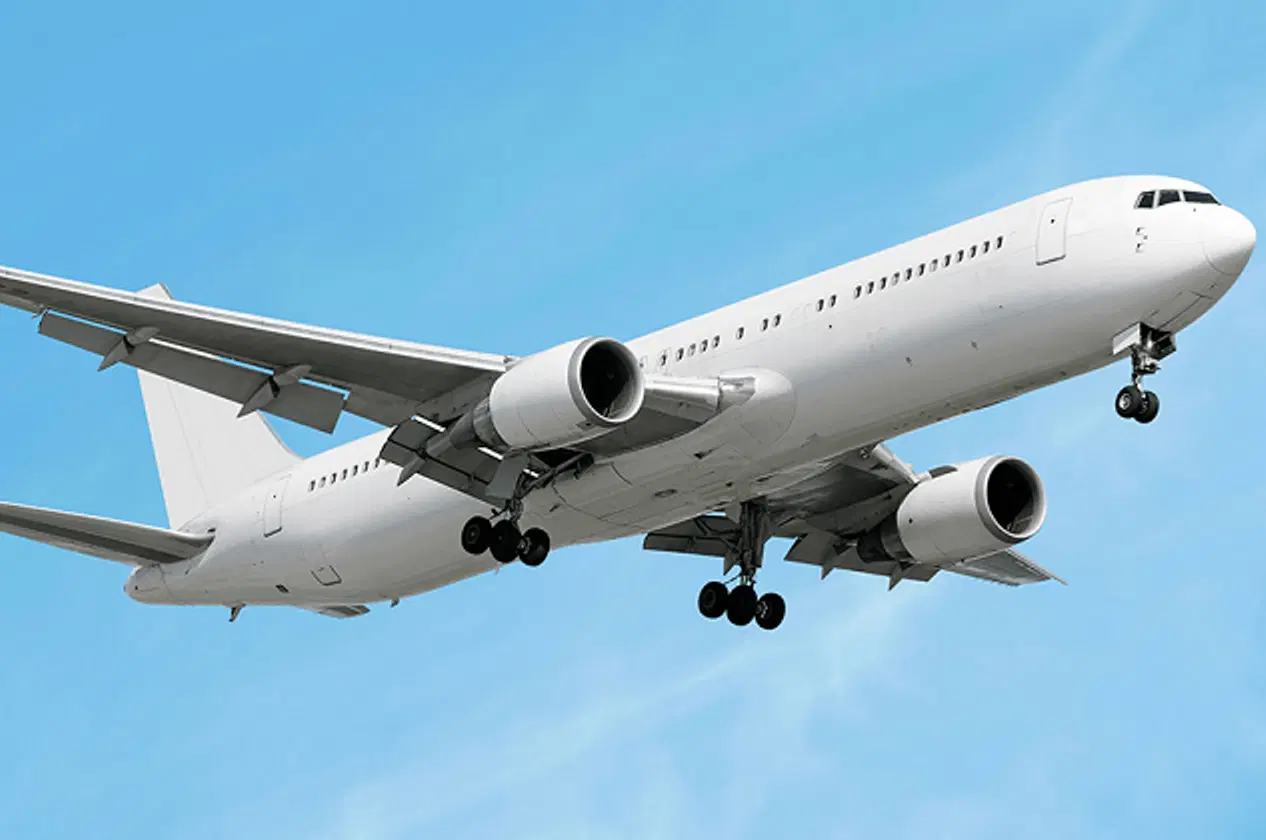In a record-breaking deportation flight, 44 Nigerians and Ghanaians were forcibly removed from the UK on Friday, marking a significant surge in immigration enforcement.
According to The Guardian.com/uk The Home Office confirmed the action as part of a broader crackdown on immigration, which has seen the deportation of over 3,600 people since the Labour government came to power in July.
This comes as news emerges that asylum seekers arriving at Diego Garcia, a UK-administered island, before the finalization of a treaty between the UK and Mauritius will be relocated to Saint Helena, a British territory in the Atlantic.
The Chagos Islands treaty, expected to be signed next year, will not apply to around 60 Tamils who have been stranded on Diego Garcia since 2021 and are pursuing legal action over their detention.
While the number of asylum seekers arriving at Diego Garcia has been in the hundreds, it pales in comparison to the tens of thousands who have crossed the English Channel in small boats from northern France in recent years. Just on Friday, 647 individuals made the perilous crossing in 10 boats, pushing the total for the year beyond 28,000.
Deportation flights to Nigeria and Ghana have been relatively rare, with only four recorded since 2020, and prior flights carrying significantly fewer individuals—ranging from six to 21 people. The recent flight, which saw 44 deportees, more than doubled the numbers seen in previous removals.
The Guardian interviewed four Nigerian men held at Brook House immigration removal centre near Gatwick before their deportation. One of them, who had been in the UK for 15 years seeking asylum, expressed his distress: “I have no criminal record, but the Home Office has refused my claim.” Another man revealed he had been a victim of trafficking and bore torture scars, yet his asylum claim had also been rejected.
Fizza Qureshi, the chief executive of Migrants’ Rights Network, condemned the deportations, citing the speed, secrecy, and lack of legal support. She quoted a detainee who said, “The Home Office is playing politics with people’s lives. We have not done anything wrong other than cry for help.”
A Home Office spokesperson defended the move, stating that the government is committed to enforcing immigration rules and ensuring that people without legal rights to remain in the UK are returned. Vanguard






